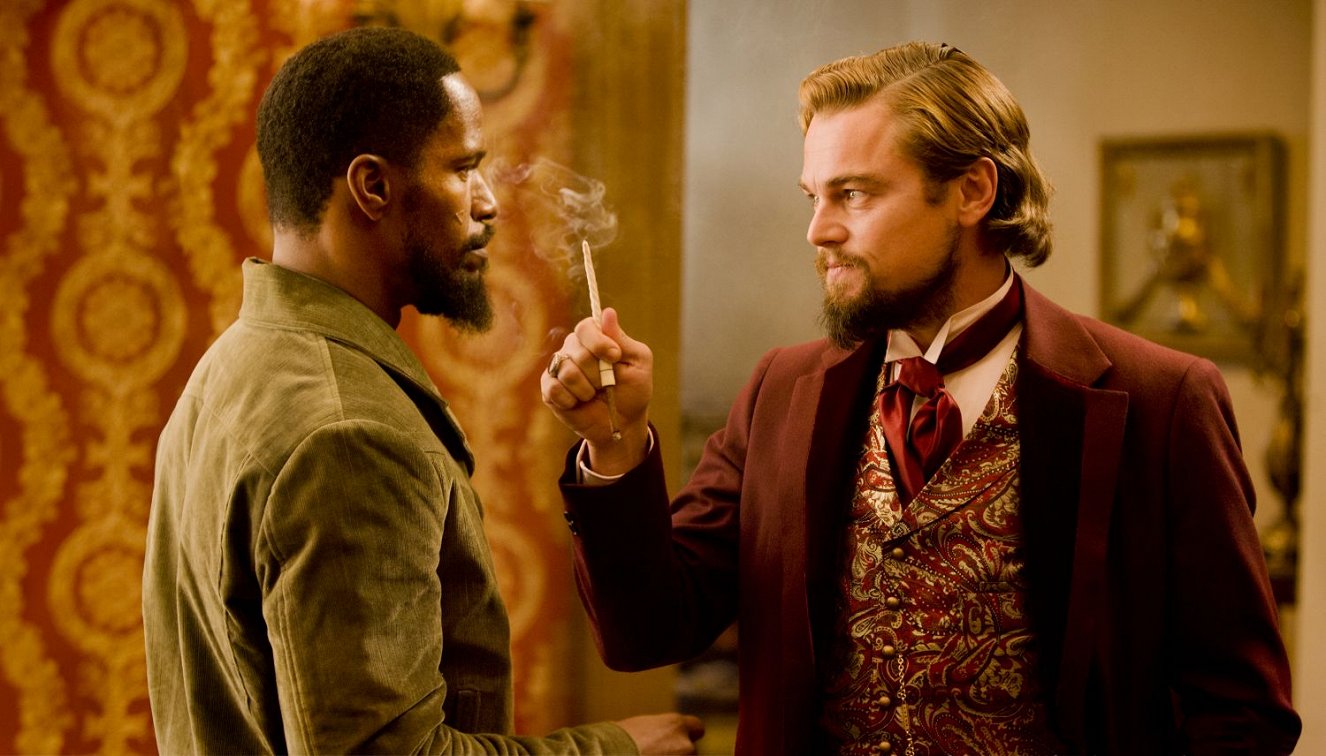When Quentin Tarantino is mentioned, most film enthusiasts are reminded of the legendary films Pulp Fiction, Kill Bill and Shameful Bastards. It would be a bit of an exaggeration to say that in most of Quentin Tarantino’s films we find elements of spaghetti westerns, as the films take visual and stylistic stimuli from the classic films of Sergio Leone and Sergio Corbucci without hiding. But the famous director didn’t actually make any real westerns until he sat down to write his groundbreaking film Unchained Django. When the film hit theaters in 2012, it was controversial for obvious reasons, but it was also praised by audiences and critics alike.
Christoph Waltz originally rejected the role of Dr. Schultz, for which he won an Oscar
Christopher Waltz shone in the role of Colonel Hans Landy in Tarantino’s previous film The Infamous Bastards. Tarantino was completely kidnapped by Waltz’s role because he was a little apprehensive at first that she was unplayable. When Tarantino wrote the screenplay for Unchained Django, he wrote for the role of a German dentist just for Waltz. But he initially rejected her because he felt that she was too clearly tailored to him and would not be a challenge for him. But Tarantino persuaded him to accept the role.
As with Hans Land in Infamous Bastards, Waltz eventually won an Oscar for Best Supporting Actor for his role as Dr. Schulz. The film has exactly one hour, six minutes and seventeen seconds on the screen, which is, by the way, the longest time in which an actor has ever won an Oscar in the supporting role category.
The original Django, Franco Nero, played an episodic role
The name of the main character Django comes from the old spaghetti western Sergio Corbucci Django, where the title gunslinger was played by Franco Nero. Nero has a small role in Unchained Django. He plays a man at a bar who asks Djanga for his name. When Django begins to explain his name to him, Nero interrupts him and, blinking at the camera and telling the audience, “I know.”
Django wears the same sunglasses that Charles Bronson wore in The White Bison
Dressing Django was a challenge for the costume department because they wanted to turn the character into a rough guy, but at the same time they didn’t want to be culturally insensitive. Sharen Davis, one of the costume designers, wanted to bring a “rock’n’roll concept” to the character, which was a rather unusual idea, because the theme of the film is not related to rock’n’roll. She gave Django at least the same sunglasses that Charles Bronson wore in The White Bison.
Will Smith turned down the role of Django, realizing that he was not the main character
Jamie Foxx was the perfect choice for the role of Django in the end, but he was not the only one Tarantino celebrated. What’s more, it’s no secret that the director originally wanted Will Smith in the lead role. But he refused because he felt that Django was not the main character in the screenplay, according to Dr. Schultz.
Tarantino himself hates the character of Calvin Candie
Tarantino has created many iconic characters over the years. Although many of them were reprehensible villains, most of them still had some humanity. Calvin Candie from Unchained Django is the only character Tarantino has ever created that he really hates. Leonardo DiCaprio also admitted that he had many problems with the portrayal of the character because he did not agree with it internally.
Source: imdb.com, screenrant.com
Author: Martina Šťastná
–


